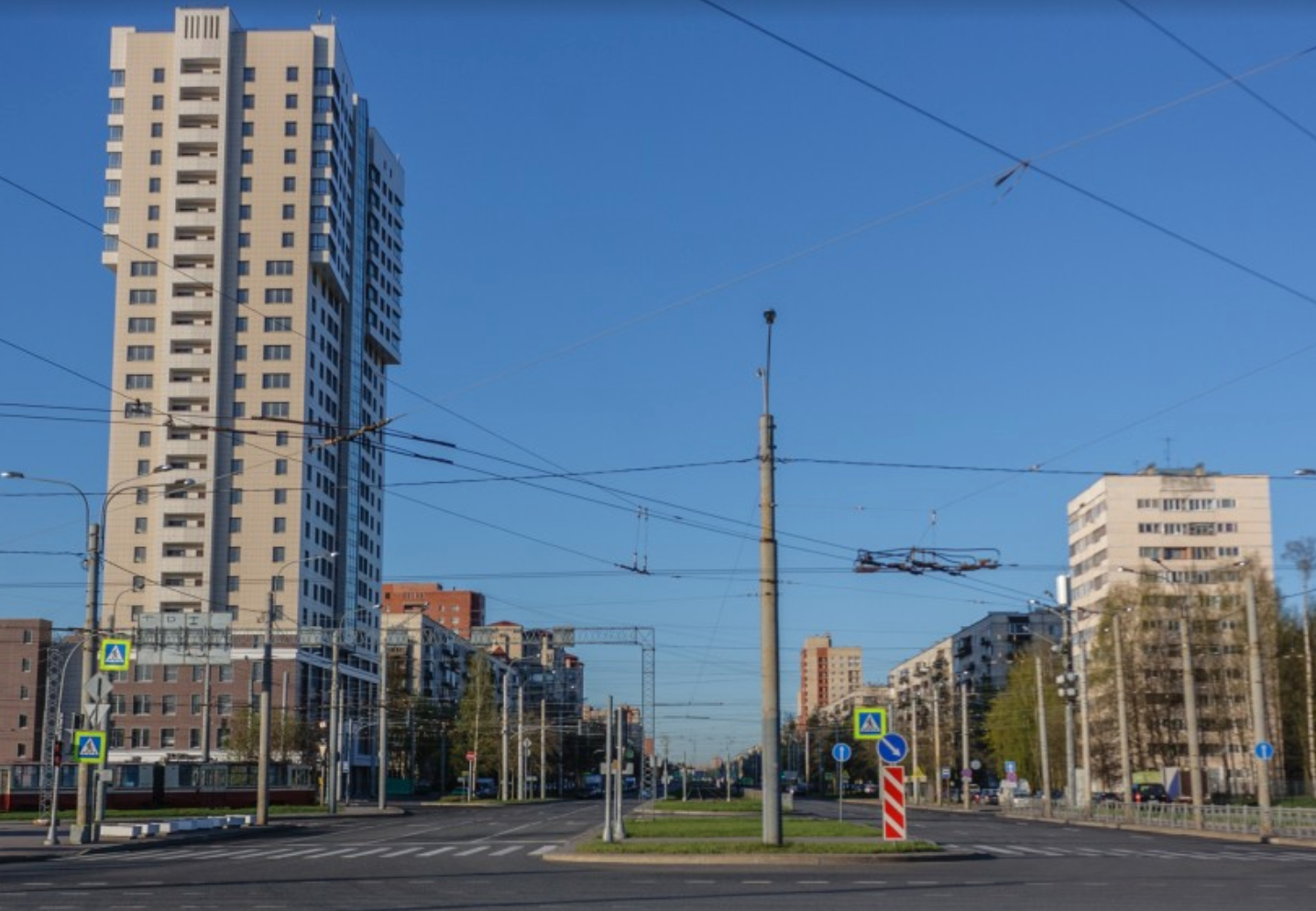- Encouraging active mobility reduces congestion, pollution and deaths while improving the economy. (City Fix)
- Why should apartment-dwellers be consigned to live on wide, dirty, dangerous roads? (Slate)
- City Lab interviews retiring Rep. Peter DeFazio, an Oregon Democrat who's been one Congress' staunchest champions for transit and bike and pedestrian safety since the 1990s.
- The Oregon DOT wants to know if it's possible to undo freeway bottlenecks without inducing demand to the point that greenhouse gas emissions go up. (Bike Portland)
- Washington, D.C. will remove reversible car lanes and add bike lanes to Connecticut Avenue (Washington Post) but bike advocates are pushing Mayor Muriel Bowser to move faster on safety improvements (Axios). The city is also considering extending its streetcar by 2026 (DCist).
- Nashville Mayor John Cooper released a Vision Zero plan focusing on the 6 percent of roads where 60 percent of traffic deaths and injuries occur. (Tennessean)
- A fare-free transit pilot program in Boston found that subsidy recipients were four times more likely to ride the bus. (Mass Transit)
- Seventeen years after promising an interconnected rail system, Colorado's Regional Transportation District has yet to deliver. (Denverite)
- Too often drivers literally get away with murder, but a 110-year mandatory minimum sentence for a truck driver who killed four people when his brakes failed on a Denver interstate seems a tad bit excessive. (Jalopnik)
- Even with federal COVID and infrastructure funding, the Central Ohio Transit Authority still must dip into reserves to cover a $31 million budget shortfall. (Columbus Dispatch)
- Paris Mayor Anne Hidalgo spent her first term transforming Paris into a more walkable and bikeable city, and won re-election by promising more of the same. Less than a year later, her approval rating is 40%, and her presidential campaign has yet to take off. (Politico)
- London is considering imposing a new tax to keep afloat a transit system that's struggled during the pandemic without service cuts or fare hikes. (Bloomberg)
- A Dutch city wants electric vehicles to do double duty as batteries that store power for the grid. (Fast Company)
Stay in touch
Sign up for our free newsletter
More from Streetsblog USA
Americans Demand Congress Fund Active Transportation In Next Infrastructure Bill — And Not Just The Bike/Walk Advocates
A "back to basics" surface transportation bill — as Republicans are seeking — would be devastating for road safety and small businesses.
Friday’s Headlines Take a Lot to Laugh, Take a Train to Cry
I ride on a mail train, baby. Can't buy a thrill.
Talking Headways Podcast: The Future of Transit
Yonah Freemark talks with Jeff Wood about the state of the trains across the world.
Are Roundabouts Just For Rich People?
And if not, how do we get more of them in the low-income neighborhoods that need life-saving infrastructure the most?
Thursday’s Headlines Need Alternatives
Economics 101: Competition brings down costs.
How Recreational Cycling Can Lead to Safe Streets For All
These cities are leveraging joy to fight for connected communities.






